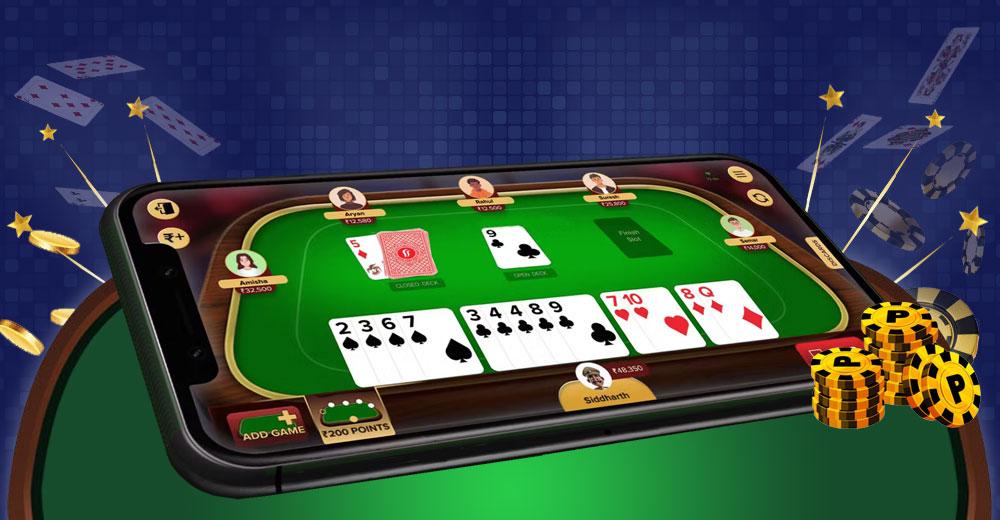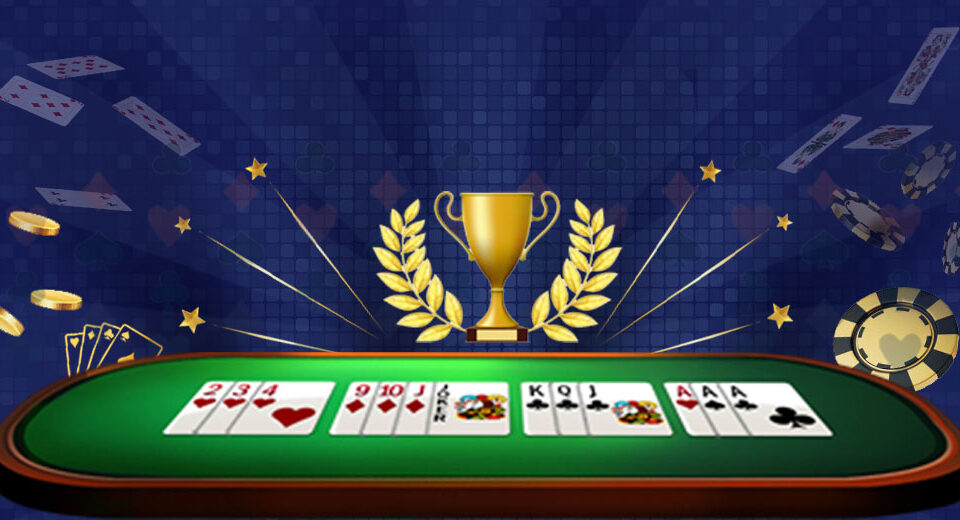The Unspoken Rules of Rummy
While many players diligently study the official rules of rummy, seasoned professionals understand that there’s another layer to the game—the unspoken rules. These insider secrets are born from experience, observation, and an intuitive understanding of human behavior at the table. They're not found in rulebooks or tutorials, but they play a crucial role in shaping elite performance in both casual and competitive rummy games. Mastering these subtleties can give you a significant edge over the average player.
This article will uncover these hidden strategies and practices, helping you move from playing the game to mastering it with finesse and foresight.
1. Never Discard Carelessly
Every card you discard sends a message to your opponent. Professionals never throw away a card without considering what information it gives the other player. Smart players use this to manipulate their opponents’ strategies. For instance, discarding high-value cards early may create the illusion of forming low-value sequences. This subtle bluff can lead to misreads and open opportunities for you to take control of the game.
2. Study Your Opponent's Hand Through Their Moves
Pros understand that rummy is as much about reading others as it is about playing your own hand. Observing what your opponent picks from the open pile or discards repeatedly can reveal their strategy. Are they forming pure sequences? Are they holding onto face cards? Tracking these patterns can help you avoid feeding into their hand and allow you to anticipate their moves effectively.
3. Create Ambiguity with Your Discards
One overlooked strategy is to keep your discards unpredictable. Pros don’t just get rid of what they don’t need; they discard with intention. Mixing high and low-value discards or alternating suits creates confusion and prevents opponents from guessing your combinations. This unspoken psychological tactic gives you an edge by clouding your opponents’ judgment.
4. Manage the Joker with Finesse
Using jokers wisely is an art. Expert players avoid using jokers in pure sequences and prefer to save them for sets or difficult sequences. They also tend to replace jokers with original cards when possible, freeing up the joker for more strategic plays. Such an advanced rummy strategy allows flexibility and increases your probabilities of completing your hand efficiently.
5. Don't Rush to Declare
Professionals know that a hasty declaration can backfire if the hand isn’t perfect. Before declaring, double-check every sequence and set. One minor error can cost you the entire round. Some players even use an extra turn to bluff opponents by not declaring immediately, especially if they sense hesitation or confusion.
6. Card Arrangement Matters More Than You Think
Keeping your hand organized is not just for convenience—it’s a form of mental clarity. Pros always arrange their cards by potential sequences and sets, which reduces decision fatigue and allows for faster, smarter moves. This discipline often separates serious players from casual ones.
7. Respect the Flow of the Game
Experienced players adapt to the tempo of the table. If a game is moving fast, they make quick yet calculated decisions to keep the pressure on. If the game slows down, they use that moment to think more deeply about their hand and strategy. Tuning into the game’s rhythm and adjusting your approach accordingly is one of those quiet skills that experts master over time.
Conclusion - In rummy, it’s not always the loudest play that wins. Sometimes, the best moves are the ones no one notices until it’s too late.
The most skilled rummy players understand that success doesn’t come solely from knowing the Indian rummy rules or understanding how online rummy game’s function. It’s the deeper, quieter aspects—observation, psychological nuance, and structured decision-making—that truly define a master of the game. By internalizing these unspoken rules, you elevate your gameplay and move closer to the level of strategic sophistication that sets professional players apart.




